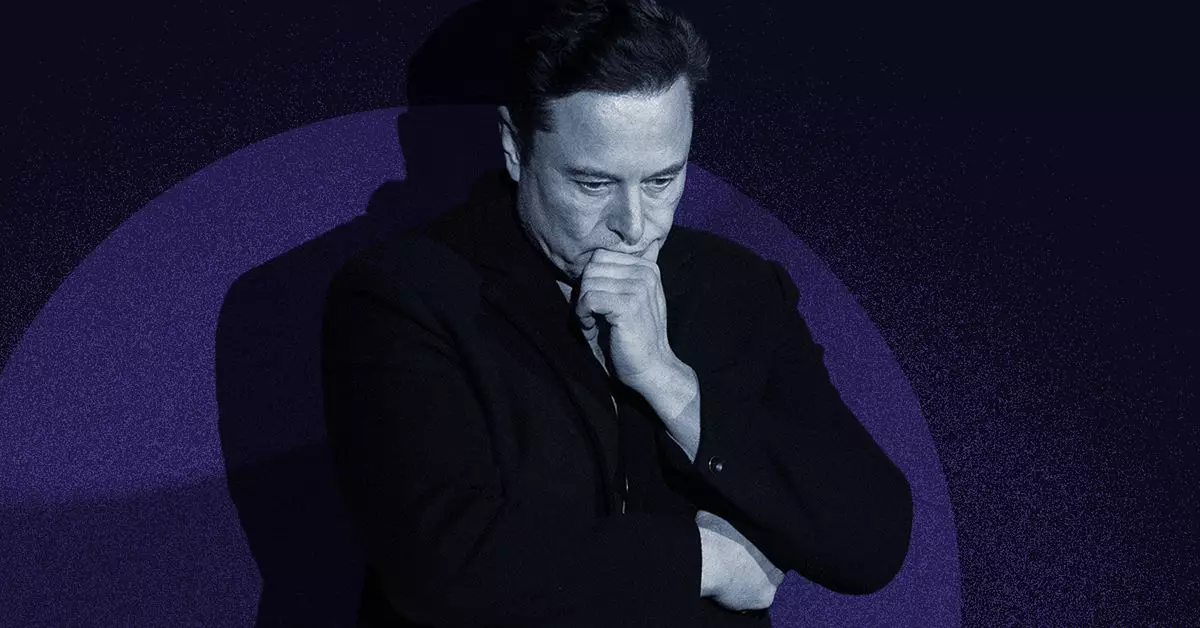In a bold and somewhat controversial move, Elon Musk has taken on the role of co-lead for the Department of Government Efficiency (DOGE) advisory group, a panel that, at the moment, lacks a concrete structure or purpose. This appointment adds another chapter to Musk’s multifaceted career—a career that includes ventures in technology, space exploration, and electrifying the automotive sector. However, Musk’s initial actions have raised eyebrows and concerns, particularly among public sector employees, as he leverages his massive following on the social media platform X to engage in a public critique of government roles he deems unnecessary.
Targeting Public Employees: A New Strategy?
Musk’s recent activity focuses on identifying and publicly calling out specific government employees whose roles he perceives as redundant or excessive. For instance, he highlighted Ashley Thomas, the Director of Climate Diversification at the US International Development Finance Corporation. In a post that quickly gained traction, Musk queried why taxpayer dollars should support such a position, leveraging the outrage culture prevalent in social media. His phrasing insinuates a deep-seated skepticism about public sector roles, branding them as “fake jobs”—a term that could undermine the legitimacy of countless roles that contribute significantly to public welfare and governance.
This method of targeting individuals is alarming and draws parallels with past incidents where Musk utilized his platform to spur harassment towards those who fall under his criticism. The aftermath often sees affected individuals facing intense scrutiny and harassment from Musk’s followers, a phenomenon that has been condemned by labor leaders and advocates for civil service. Everett Kelley, the president of the American Federation of Government Employees, articulated these sentiments, accusing Musk’s approach of “sowing terror” among public servants.
The implications of Musk’s public campaigns extend beyond individual criticisms; they indicate a larger strategy aimed at reshaping perceptions of government efficiency and public service. Such tactics threaten to cultivate an environment rife with fear and hostility, particularly for federal employees whose roles are now under fire from a polarizing figure. This strategy could deter potential talent from pursuing careers in public service, especially when job security may seem compromised by social media backlash.
Furthermore, the discussed tactics imply a co-opting of the public discourse that prioritizes sensationalism over constructive dialogue regarding governmental effectiveness. While the intention may reside in promoting efficiency, the execution appears to rely heavily on mockery and ridicule, a stark departure from the necessary nuance required in discussions about public resource allocation and governance.
Musk’s intentions regarding the DOGE initiative may reignite discussions about public sector accountability, but the manner in which he has chosen to approach this undertaking raises critical ethical questions. As he and his counterpart, Vivek Ramaswamy, carry forward their vision in the public eye—often via open polls on X—the potential for future targets and increased harassment remains a looming concern.
While advocacy for government efficiency is a legitimate pursuit, the methods employed by Musk and DOGE may threaten to fracture the already delicate relationships between public servants and the communities they serve. As this narrative unfolds, it will be crucial to observe whether constructive dialogue can emerge from the cacophony of public shaming or if it will lead to a deeper divide within civil discourse.

